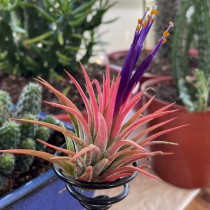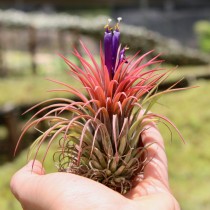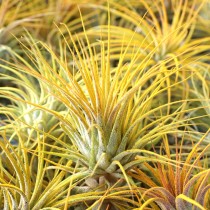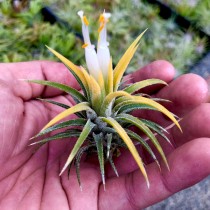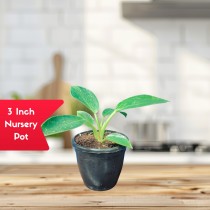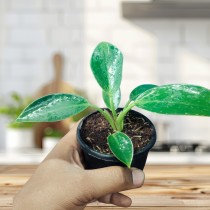60%
off
off
-
Sold
-
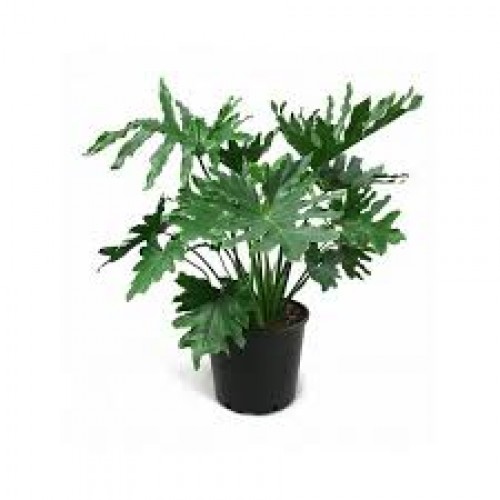
-
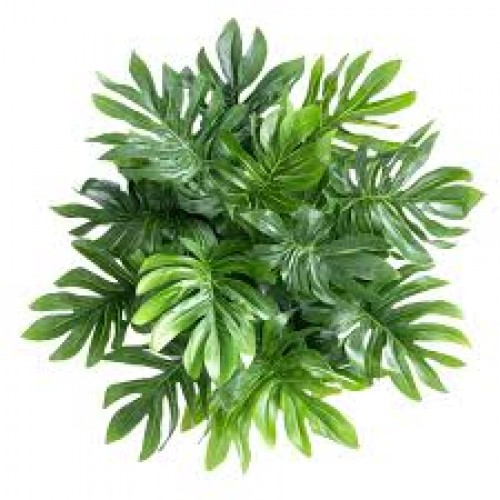
out
Philodendron Selloum (Thaumatophyllum bipinnatifidum)
Uses
- Indoor Decoration: Adds a tropical ambiance with its large, deeply lobed leaves.
- Air Purification: Removes toxins like formaldehyde and benzene from the air.
- Feng Shui & Vastu: Symbolizes growth and prosperity; often placed in homes and offices for positive energy.
Care Guide
- Light: Thrives in bright, indirect light but can tolerate low-light conditions.
- Watering: Allow the top inch of soil to dry out between waterings; overwatering can lead to root rot.
- Soil: Prefers well-draining, nutrient-rich soil.
- Temperature: Optimal range is between 18–29°C (65–85°F); avoid temperatures below 15°C (59°F).
- Humidity: Prefers higher humidity but adapts well to average indoor levels.
- Fertilization: Feed with a balanced liquid fertilizer diluted to half strength once a month during the growing season.
Benefits & Advantages
- Air Purifier: Enhances indoor air quality by removing common pollutants.
- Stress Reduction: The presence of greenery can reduce stress and enhance mood and productivity.
- Aesthetic Appeal: Large, glossy leaves make it a visually striking addition to any indoor space.
- Adaptability: Can thrive in various indoor conditions, including low light and varying humidity levels.
- Longevity: With proper care, it can thrive for many years, making it a lasting addition to indoor spaces.
Key Features
- Large, Lobed Leaves: Distinctive foliage adds a tropical touch to interiors.
- Compact Growth: Typically grows between 1 to 3 meters in height, making it suitable for indoor spaces.
- Versatility: Suitable for various indoor settings, including homes, offices, and commercial spaces.
- Resilience: Tolerant of a range of indoor conditions and relatively pest-resistant.
Considerations
- Toxicity: Contains calcium oxalate crystals, which can be toxic if ingested by pets or humans; keep out of reach of children and animals.
- Overwatering Risks: Excessive watering can lead to root rot; ensure the soil dries out between waterings.
